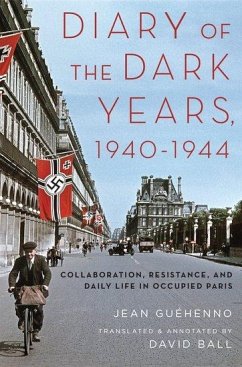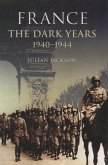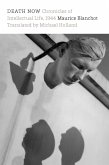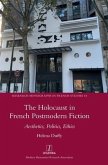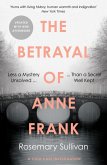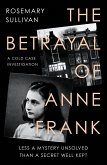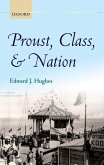Jean Guehenno's Diary of the Dark Years 1940-1945 is the book historians love to quote to describe both ordinary daily life and literary life in Paris under Nazi occupation. While it is a sharply observed record of day-to-day life in occupied Paris, this diary is far more than that: it is "a remarkable essay on courage and cowardice." (Caroline Moorehead, Wall Street Journal.) At the time, Guehenno was a well-known political and cultural critic, left-wing but not
Communist, and uncompromisingly anti-fascist. Unlike most French writers during the Occupation, he refused to pen a word for a publishing industry under Nazi control. He expressed his intellectual, moral and emotional resistance in this diary: his shame at the Vichy government's collaboration with Nazi
Germany, his contempt for its falsely patriotic reactionary ideology, his outrage at its anti-Semitism and its vilification of the Republic it had abolished, his horror at its increasingly savage repression and his disgust with his fellow intellectuals who kept on blithely writing about art and culture as if the Occupation did not exist-not to mention those who praised their new masters in prose and poetry.
Guehenno was a teacher of French literature, and he constantly observes the young people he taught, sometimes saddened by their conformism but always passionately trying to inspire them with the values of the French cultural tradition he loved-from Montaigne to Voltaire and Rousseau and the democratic thinkers of the nineteenth century. He often sets down his reflections on the great texts he is teaching in this diary; they take on a special meaning in the context of the Occupation. The notes
and biographical index in this edition will help the reader to understand both the diarist's cultural allusions and the dramatic current events he records.
Hinweis: Dieser Artikel kann nur an eine deutsche Lieferadresse ausgeliefert werden.
Communist, and uncompromisingly anti-fascist. Unlike most French writers during the Occupation, he refused to pen a word for a publishing industry under Nazi control. He expressed his intellectual, moral and emotional resistance in this diary: his shame at the Vichy government's collaboration with Nazi
Germany, his contempt for its falsely patriotic reactionary ideology, his outrage at its anti-Semitism and its vilification of the Republic it had abolished, his horror at its increasingly savage repression and his disgust with his fellow intellectuals who kept on blithely writing about art and culture as if the Occupation did not exist-not to mention those who praised their new masters in prose and poetry.
Guehenno was a teacher of French literature, and he constantly observes the young people he taught, sometimes saddened by their conformism but always passionately trying to inspire them with the values of the French cultural tradition he loved-from Montaigne to Voltaire and Rousseau and the democratic thinkers of the nineteenth century. He often sets down his reflections on the great texts he is teaching in this diary; they take on a special meaning in the context of the Occupation. The notes
and biographical index in this edition will help the reader to understand both the diarist's cultural allusions and the dramatic current events he records.
Hinweis: Dieser Artikel kann nur an eine deutsche Lieferadresse ausgeliefert werden.

